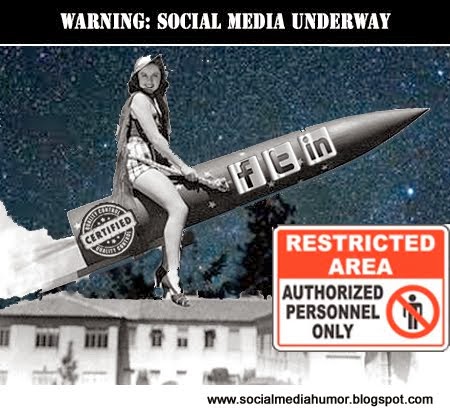Top Spot on Google: Tougher than an Olympic Gold Medal?
Winning an Olympic medal is an amazing achievement by athletes who have
dedicated years to win the highest honor in their chosen sport. For businesses, the Top spot on a Google search in their product or service is now viewed as their digital Gold
Medal. With talent, proper training, great coaching, and perseverance over time, finishing in the gold for an Olympic athlete is possible. Getting to the top of a common Google search may not be tougher, but it certainly isn't as straightforward.
Longevity weighs heavy in Google algorithms for search engine results page (SERP) placement. If you have been established selling your product on the web longer than anyone, that bodes well for you.
The main factor is of course relevance. In addition to your website's age is it's relative content. Then add in the basics of the desired keyword in your domain name, several other meta data factors, and the relevant companies and organizations that link, but that's just the basics.
Take the world "Olympics" for example. You can take all the money in the world outbid every bidder in Google Ads and have flawlessly optimized your website, and you will never reach the top. That's because the Olympics is a brand and the Olympics® will always be awarded the top spot due to relevance. This applies to virtually every well known organization and brand.
I was once asked to interview to run the SEO department by a bank with very deep pockets. It's site was ell optimized but they were late to the digital game with thousands of competitors who had spent years trying to place for the same. Management had one question: "When will you get us to the top spot in Google search for the term 'mortgage'? My answer: "Never. And no one else can get you there either." Needless to say I didn't get the job and no, they still haven't gotten the top spot.
I know what you're thinking: if they had such deep pockets why not spend a fortune on paid search? Believe it or not, relevancy weighs [almost] as much in paid search as it does in organic. Because the web surfer is Google's client long before they are yours. And they give the customer what they want. No relevancy and your ads become more expensive -- that is if they ever get shown.
So is every top spot untouchable? No. Here's a few ways companies get that Gold.
Frank Bocchino is marketing communications manager for Revana Digital, a Digital Marketing agency leveraging paid search SEM, conversion rate optimization, SEO, and industry-innovative predictive analytics and geo-targeting that result in sales.
Longevity weighs heavy in Google algorithms for search engine results page (SERP) placement. If you have been established selling your product on the web longer than anyone, that bodes well for you.
The main factor is of course relevance. In addition to your website's age is it's relative content. Then add in the basics of the desired keyword in your domain name, several other meta data factors, and the relevant companies and organizations that link, but that's just the basics.
Take the world "Olympics" for example. You can take all the money in the world outbid every bidder in Google Ads and have flawlessly optimized your website, and you will never reach the top. That's because the Olympics is a brand and the Olympics® will always be awarded the top spot due to relevance. This applies to virtually every well known organization and brand.
I was once asked to interview to run the SEO department by a bank with very deep pockets. It's site was ell optimized but they were late to the digital game with thousands of competitors who had spent years trying to place for the same. Management had one question: "When will you get us to the top spot in Google search for the term 'mortgage'? My answer: "Never. And no one else can get you there either." Needless to say I didn't get the job and no, they still haven't gotten the top spot.
I know what you're thinking: if they had such deep pockets why not spend a fortune on paid search? Believe it or not, relevancy weighs [almost] as much in paid search as it does in organic. Because the web surfer is Google's client long before they are yours. And they give the customer what they want. No relevancy and your ads become more expensive -- that is if they ever get shown.
So is every top spot untouchable? No. Here's a few ways companies get that Gold.
- Their champ falters. Just like a heavyweight that lets his guard down, the same can happen to your competition. If they ignore their SEO, and/or get more clicks and visitors for a product you both sell, you will rise.
- They invent a new "sport". Water Polo with Ping Pong balls? The top spot is likely yours. Same goes for new products. Let's say you invent a time machine, or a solution that actually turns a sow's ear into a silk purse? Or you can microfocus. Instead of trying to place for widgets nationally, optimize a page for best metal widgets in Washington.
- They cheat. The Olympics disqualifies athletes for steroid use; Google does the same to businesses who deploy "Black Hat" practices. They will catch you eventually. Just don't do it. Choose your vendors and those who run your paid search carefully or you can get banned. (Really? Banned by Google?) Yep. I've seen it happen and it's a nightmare.
Frank Bocchino is marketing communications manager for Revana Digital, a Digital Marketing agency leveraging paid search SEM, conversion rate optimization, SEO, and industry-innovative predictive analytics and geo-targeting that result in sales.




Comments
Post a Comment
What say you?